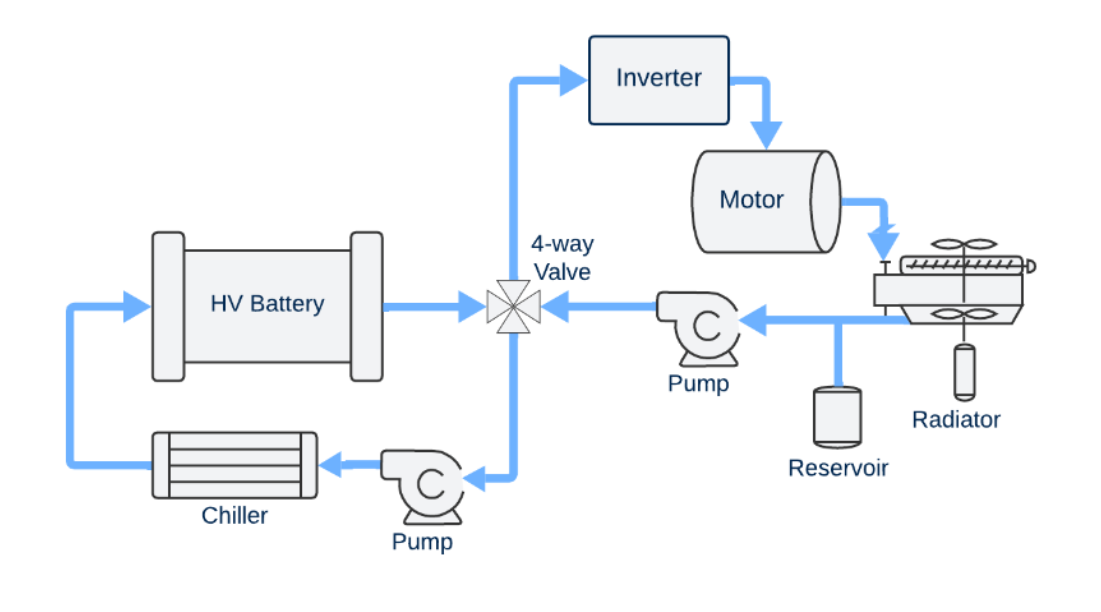Esophageal adenocarcinoma (EAC) is one of the two main types of esophageal cancer and ranks as the sixth deadliest cancer worldwide, yet there are still no effective targeted therapies. Patients largely depend on chemotherapy as the standard of care, often given before surgery as neoadjuvant chemotherapy (NACT) to help shrink or control tumors. Unfortunately, many patients develop resistance to these treatments, resulting in poor survival outcomes.
With limited alternatives, patients — whether they respond to NACT or not — often continue with treatments that may be ineffective and come with toxic side effects. This has created an urgent need for a personalized approach that can reliably predict an individual patient’s chemotherapy response.
While researchers have previously grown 3D esophageal “organoids” from patient biopsies, these models lack critical components of the tumor microenvironment (TME), such as stromal cells and collagen fibers, and therefore often fail to replicate true patient responses to chemotherapy.
Now, an international research team led by Dr. Donald Ingber at the Wyss Institute for Biologically Inspired Engineering at Harvard University, together with Dr. Lorenzo Ferri at McGill University Health Centre, has advanced a promising solution. By using the Wyss Institute’s human Organ Chip microfluidic technology, they co-cultured EAC organoids alongside stromal cells from the same patient biopsy. This created patient-specific Cancer Chips that more accurately mimic the TME.
In this setup, EAC cells and tumor-associated fibroblasts were grown in separate channels divided by a porous membrane, allowing realistic molecular exchange. A docetaxel-based chemotherapy was added to simulate actual treatment conditions.
Impressively, this model could predict each patient’s response to NACT within 12 days. In a cohort of eight patients, the Cancer Chips’ outcomes matched exactly with the patients’ real-world responses and survival rates after surgery.
“This work builds on our earlier Organ Chip models for Barrett’s esophagus but goes further by recapitulating the full complexity of the cancerous TME,” said Dr. Ingber. This patient-specific platform may help stratify responders and non-responders and could even support the development of new stroma-targeted therapies and biomarkers.
The study, published in the Journal of Translational Medicine, highlights how integrating organoid and Organ Chip technologies could transform personalized cancer treatment. The research was supported by Cancer Research UK, the Montreal General Hospital Foundation, and a U.S. Department of Defense grant.








